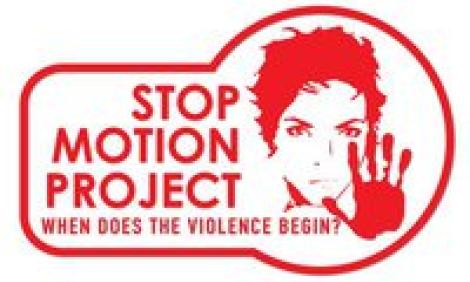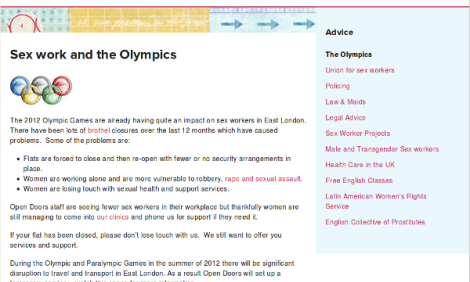
Feminist talk
Internet improves access to health care for sex workers in the Olympics area of London
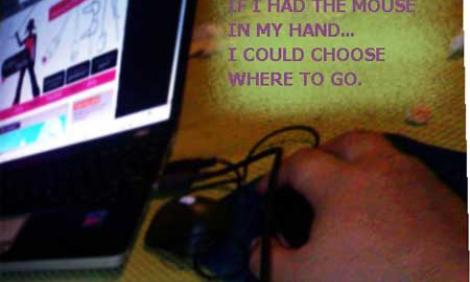
Publication
Voices from digital spaces: Technology related violence against women - executive summary
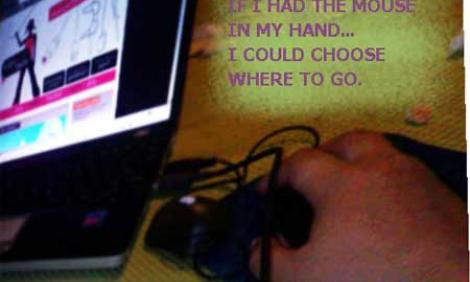
Publication
Voices from digital spaces: Technology related violence against women
Drawing on findings from APC's MDG3: Take Back the Tech! project with women's rights organisations in twelve countries in Asia, Africa and Latin America, this paper explores the links between the internet, cell phones and violence against women and illustrates that technology related violence impacts women as seriously as other forms of violence.
Feminist talk
'Love Letter to the Soldier' - video that moves people to change
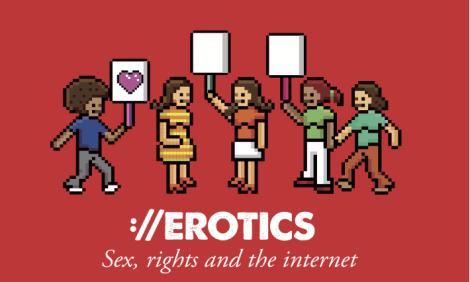
Publication
EROTICS: Sex, rights and the internet - an exploratory research study
Publication
Access and participation of women and girls in education, training and science and technology, including for the promotion - Draft agreed conclusions
